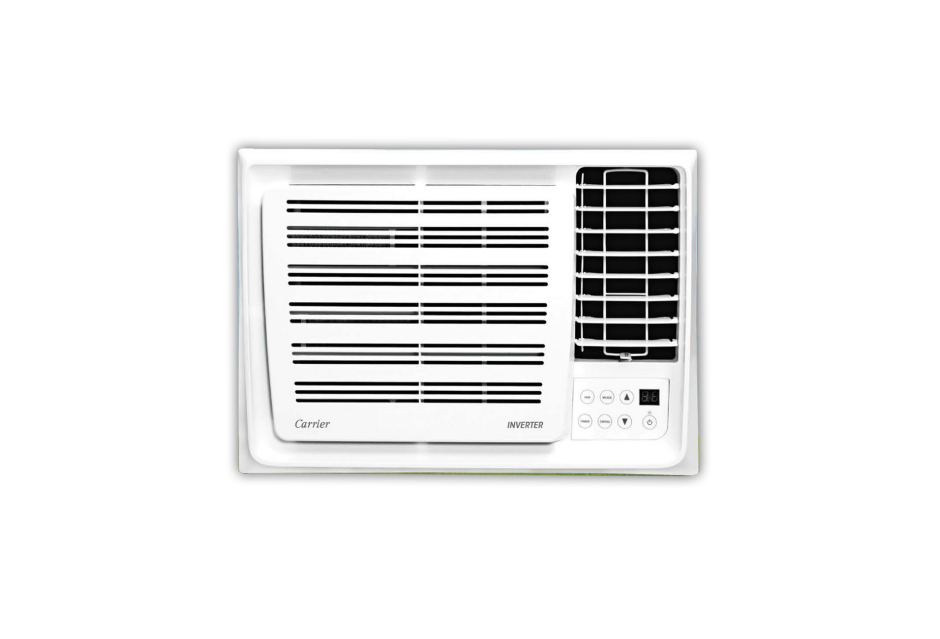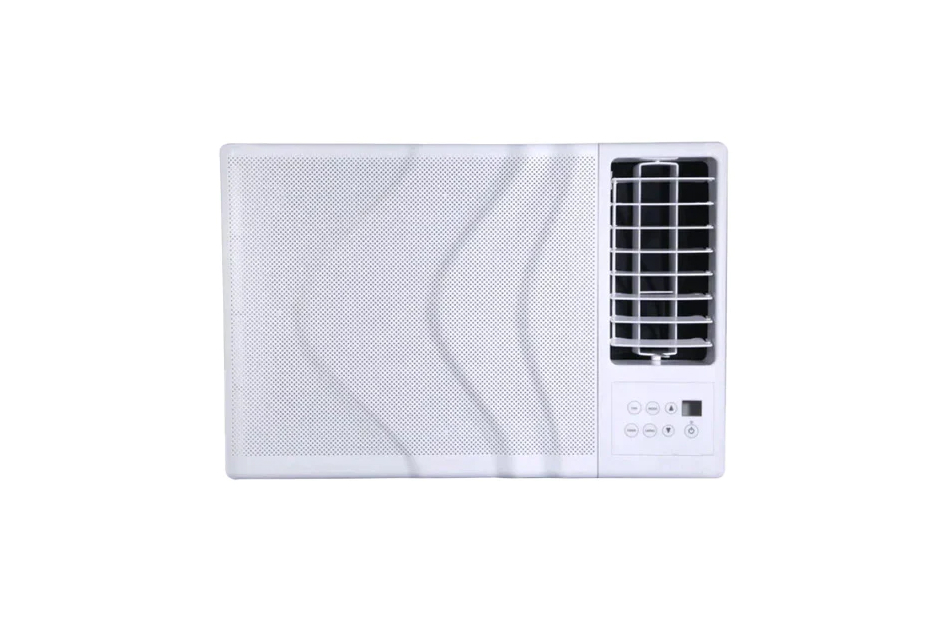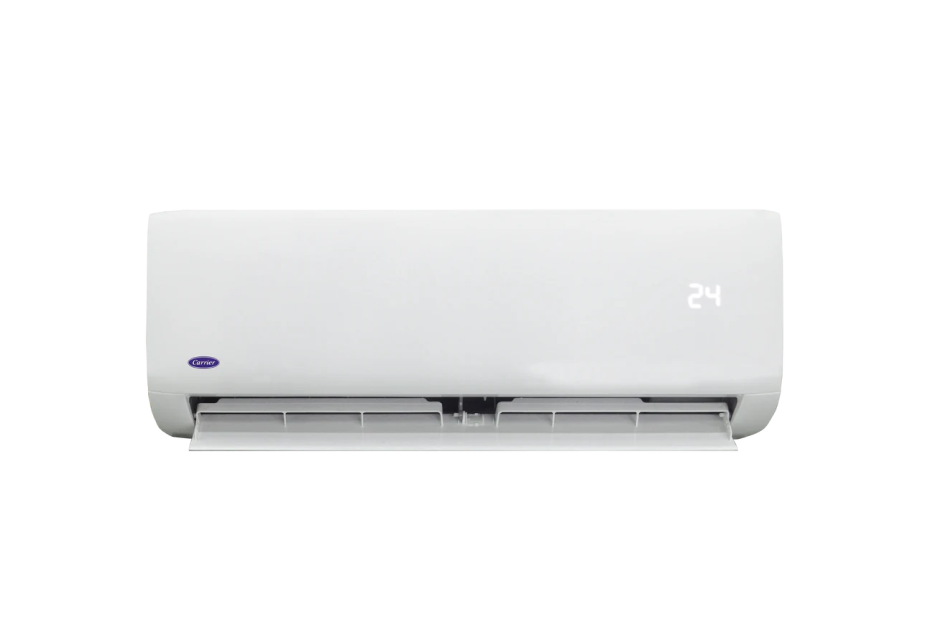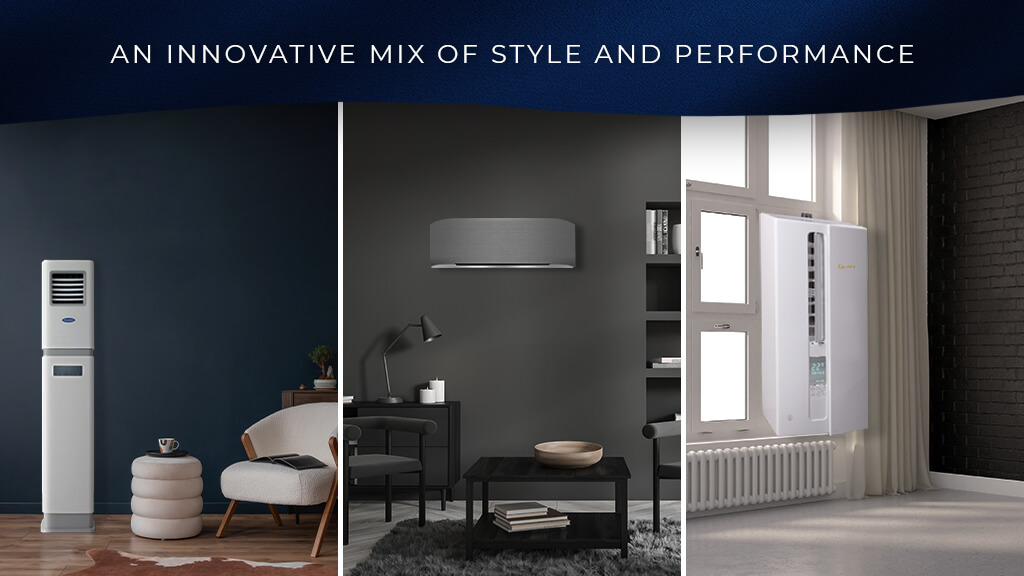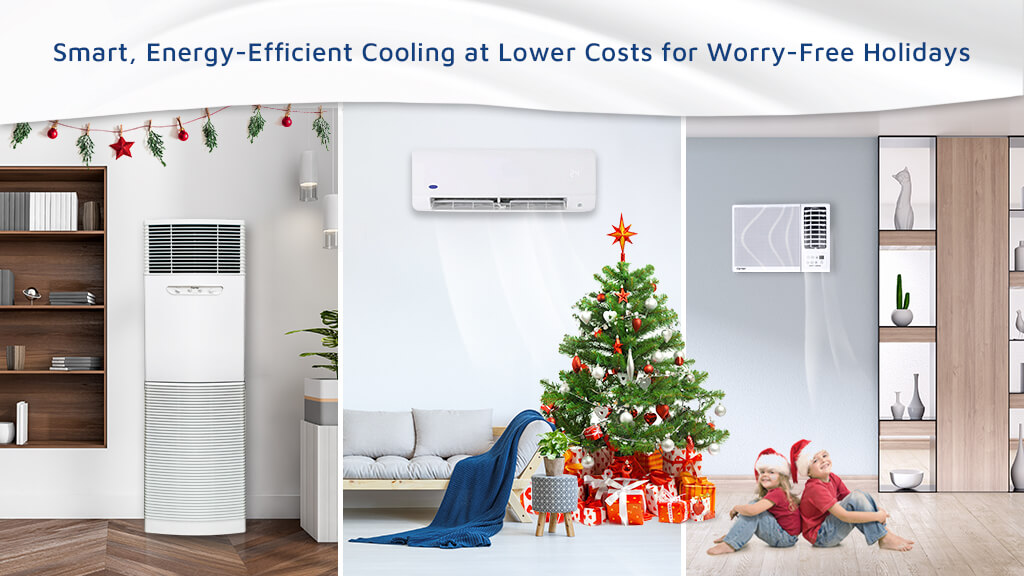When you’re on the hunt for a good one, the sheer number of choices out there can be overwhelming. It’s not just that there are so many brands, models, and features to sift through, you also have to figure out which type of AC is best for your needs: a window type, a split type (also known as a high wall AC), a portable AC, or a floor-mounted AC.
To help you narrow down your choices, we’ll explain what the different AC types offer as well as their advantages and disadvantages. Whether it’s your first time purchasing an AC or you’re looking to replace your existing one, this article aims to help you make an appropriate and, more importantly, informed decision.






